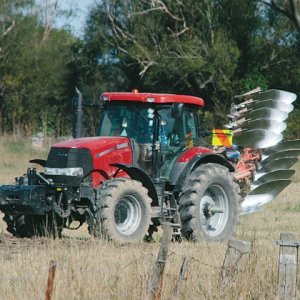The trial, on Beech Road near Ashburton, was established last autumn looking at cultural control of ripgut brome in April 27-sown barley, as part of a FAR and MPI Sustainable Farming Fund project.
The site had a high background level of the weed and was twice treated with glyphosate before burning, followed by a third treatment prior to cultivation and sowing.
Despite those three sprays and the burn, up to 56 ripgut plants per square metre established (see table).
“It shows we have to think far more about the control of our weeds, both culturally as well as agrochemically, rather than agrochemically alone,” FAR’s Nick Poole told Rural News.
“If we don’t, our chemistry will be short-lived.”
While not making a statistically significant difference in this particular trial, burning is an “an incredibly important cultural control” which would be seriously missed if banned “for political reasons,” he adds.
FAR has just landed another Sustainable Farming Fund grant to raise awareness to the risk of glyphosate resistance across all sectors, from viticulture to dairying, and everything in between.
“We know it is out there (internationally) and it affects multiple sectors.”
Poole says no cases have been recorded in New Zealand but that doesn’t necessarily mean no weed populations have developed resistance here: rather it’s just that nobody has noticed a lack of control, and subsequently had it checked and found it to be due to the weed developing resistance.
“Whether it is here or not we can’t actually say. It may be, but we’ve just not discovered it yet.”
Poole notes that because cropping farmers generally use a broader spectrum of controls on their weeds, resistance to glyphosate may be more likely to appear in other sectors first.
“It could be under a viticulturalist’s vines, or on a dairy farmer’s paddock edges which he routinely sprays out.”
FAR is holding a series of field walks later this week, including one at the Beech Road site. See www.far.org.nz for details.

















